Side Effects of IVF Injections: How to Deal?
Fertility Treatment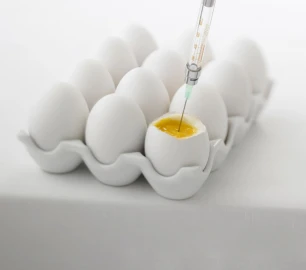
Until today, fertility treatments have helped many infertile couples all around the globe to become parents. In some infertility treatments such as IVF and ICSI, the female partner has to take ovulation induction drugs to produce more eggs and prepare her body for carrying the baby for 37-42 weeks. Despite being safe, IVF stimulation drugs have side effects that may cause discomfort, pain, and tenderness. This article introduces the most common fertility medications and discusses the IVF injection's side effects.
What Are IVF Complications for Mothers?
Some IVF complications may affect mothers. These are as follows:

IVF Egg Retrieval Complications
The egg retrieval stage of IVF is performed by entering a special needle into the vagina. This stage may cause complications such as pelvic pain, infection, fever above 38 degrees Celsius, blood in urine, and severe vaginal bleeding. In rare cases, an egg retrieval procedure may damage the bladder, blood vessels, or intestines, depending on the doctor's skill and the equipment of the fertility center,
Side Effects of Fertility Drugs
During IVF treatment, doctors often prescribe fertility drugs. Side effects of these drugs may include mood changes, hot flashes, difficulty breathing, mild abdominal cramps, abdominal pain, breast tenderness, headache, slight bloating, and constipation.
IVF Embryo Transfer Complications
The embryo transfer stage may cause complications such as blood spotting and mild cramps. In rare cases, there is a possibility of infection that antibiotics can treat.
Being at Risk of OHSS in IVF Patients
In mothers, IVF may seldom lead to ovarian hyperstimulation syndrome (OHSS), which will appear as ovarian pain and swelling. Other symptoms of OHSS include difficulty breathing, fainting, nausea, vomiting, low urine output, and sudden (within three to five days) weight gain.
Ectopic Pregnancy
According to sources, about 5% of women who undergo IVF treatment experience an ectopic pregnancy. In an ectopic pregnancy, the fertilized egg (embryo) implants outside the uterus (such as the fallopian tubes) and continues to grow there. But, as the fertilized egg cannot survive outside the uterus, the process of ectopic pregnancy fails to proceed, and there is no possibility of preserving the embryo and continuing the pregnancy.
Risk of Twins and Multiples in IVF
Due to the implantation of more than one embryo in the uterus, IVF has a higher rate of multiple pregnancies than normal pregnancies. This complication increases the risk of premature delivery and low birth weight.
IVF Injections Side Effects
The most common side effect of IVF injections is ovarian hyperstimulation (OHSS), in which the ovaries are overloaded with eggs, painful, and enlarged. The side effects of fertility medications are mild and go away quickly. In the following, some of the common complications of IVF injection side effects are mentioned briefly:
- Pain in the lower abdomen and pelvic
- Digestive problems
- Mood swing
- Hot flashes
- Heavy bleeding during the periods
- Breast soreness and tenderness
- Problem in sleeping
- Frequent urination
- Headache and dizziness
- Sudden weight gain
- Vaginal dryness
- Nausea and vomiting
- Constipation or diarrhea
- Change in vaginal discharge
- Blurry vision
- Bloating
- Fatigue
- Pelvic infection
- Ovarian Hyperstimulation Syndrome (OHSS)
- Joint pain
In the following, the possible side effect of each type of fertility medication is explained in detail:
Side effects of gonadotropins
The severity of gonadotropin's side effects depends on its dosage and brand. Usually, gonadotropins are administered as injections in the arms, thighs, or buttocks. The rare side effects of gonadotropins are an increased risk of ectopic pregnancy, increased chance of multiple births, and formation of a blood clot in an artery. The common side effects of this fertility drug also include the following:
- Ovarian hyperstimulation syndrome
- Pain and blood blister in the injection site
- Moderate to severe abdominal cramps
- Bloating
- Shortness of breath
- Swelling of legs
- Headache
- Nausea and vomiting
- Pelvic pain
- Acne
- Facial hair growth
Side effects of hCG drugs
hCG drugs are usually administered as an injection under the skin or into a muscle. The complication of hCG drugs is as follows:
- Severe headache
- Breast swelling, pain, and tenderness
- Pain and bruising at the injection site
- Rapid weight gain
- Depression
- Mood swing
- Bloating and digestive problems
- OHSS
- Restlessness
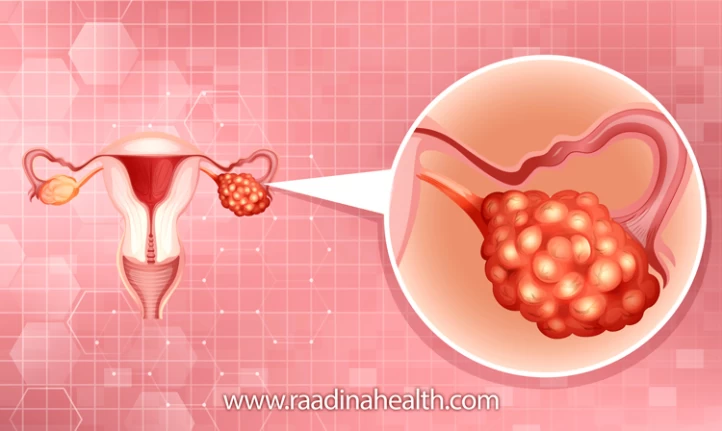
IVF estrogen side effects and progesterone drugs
Hormone replacement therapy involves taking estrogen (estradiol) and progesterone medications to support the endometrium and boost egg production. In the following, you can get more information about these IVF medication side effects:
- Pain in the back and lower abdomen
- Bloating
- Constant fatigue
- Depression
- Nausea and vomiting
- Pain and swelling in the arm and legs
- Change in sleep pattern
- Weight gain
- Breast tenderness
- Vaginal itching and dryness
- Hair thinning
- Headache
- Mood swing
- Change in the time of menstrual period (delayed or missed periods)

Side effects of birth control pills
The complications of oral contraceptives are temporary and will disappear as soon as you stop taking them. Read on to get more information about the side effects of birth control pills:
- Spotting
- Cramps
- Breast enlargement and tenderness
- Headache
- Bloating
- Elevated blood pressure
- Depression
- Mood swing
- Change in the sex drive
- Dizziness and nausea

Follicle-stimulating hormone side effects
FSH is generally administered in the form of a subcutaneous injection. The dosage and length of receiving FSH injections depend on the cause of your infertility and the other medications you should take. The complications of FSH medications include:
- Diarrhea and vomiting
- Rapid weight gain
- Bloating
- Decrease in urination
- Breathing problem
- Skin rash
- Pain in the legs, abdomen, and chest
- Fever
Side effects of clomiphene citrate (Clomid)
The most common and prominent side effects of Clomid are mood swings and emotional distress. The other complications of clomiphene citrates are as follows:
- Hot flash
- Breast tenderness
- Headache and dizziness
- Severe vaginal bleeding
- Nausea and vomiting
- Visual disturbance
- Lightheadedness
- Bleeding or spotting between periods
- Sudden weight gain
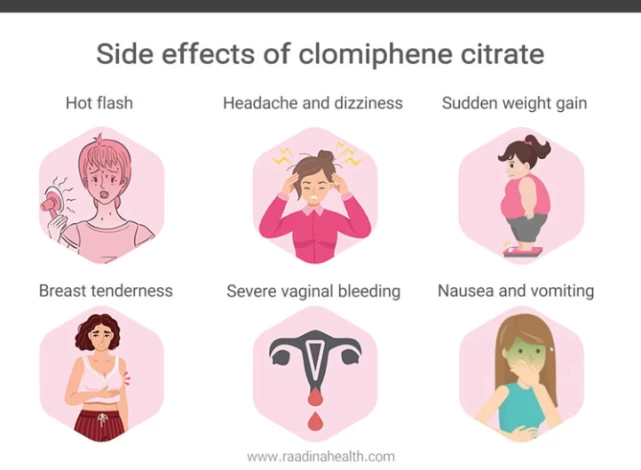
Why Are Fertility Medications Needed?
Fertility medications, mostly hormonal drugs, can help women under treatment to have more regular and less painful menstrual cycles. By regulating the period cycles, the exact time of natural ovulation can be predicted, and the chance of natural pregnancy increases. Also, in women with fertility problems, IVF stimulation drugs can increase the number and quality of their eggs and prepare their uterus -especially if it is lining- for holding the baby. It should be noted that the type and dose of fertility medication vary from one person to another, depending on the cause of infertility and the previous treatments that she received. Therefore, only a fertility expert can decide what medications should be taken and how they must be received (orally, through injection, or as a suppository).
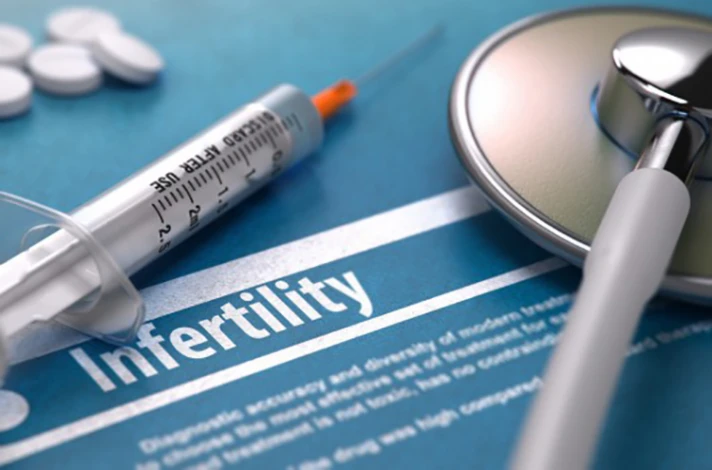
Types of IVF Stimulation Drugs
As one of the first steps in IVF treatment, taking ovulation induction drugs plays an important role in treating ovulation disorders and increasing the chance of pregnancy. The fertility drugs may be tablets, capsules, suppositories, and injections (intravenous and intramuscular). Some of the common fertility medications that you should take before and during the IVF treatment are as follows:
Birth control pills
Birth control pills and oral contraceptives are hormonal medications containing estrogen and progesterone. These pills regulate menstrual cycles, control sex hormones, and prevent the ovaries from producing eggs for a month before IVF. Also, taking oral contraceptives before an ovarian stimulation cycle helps the ovaries respond better to IVF drugs.
Follicle-stimulating hormone (FSH)
Follicle-stimulating hormone is naturally made by the pituitary gland (hypophysis). Still, if this gland has an issue, the doctor prescribes FSH injections to alter the menstrual cycle and stimulate the eggs to mature in the ovaries.
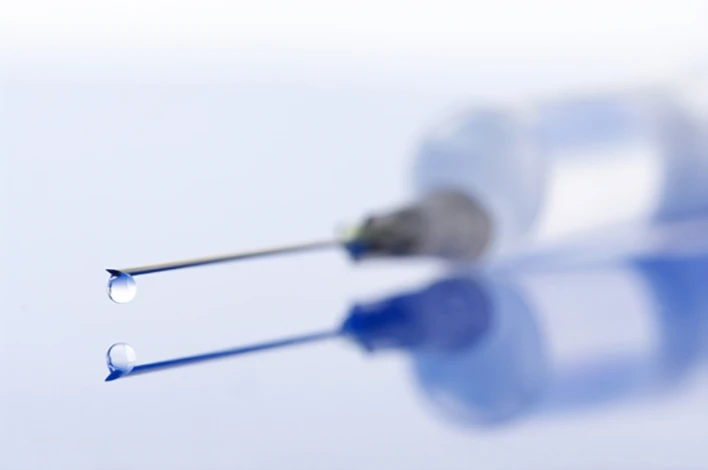
Human chorionic gonadotropin (hCG)
HCG medications such as Novarel are injected during the IVF to treat ovulation problems, improve the implantation rate, and, most importantly, mature the oocytes before egg retrieval.
Progesterone
Progesterone is a hormone that prepares the endometrium for implantation and holding the fetus. While ovaries naturally secrete this hormone, the patient has to take several doses of it through intramuscular injection or intravaginal suppositories, gels, or tablets.
Estrogen
Estrogen medications, mostly oral tablets and vaginal suppositories help the egg follicles grow, thicken the endometrium, and increase the chance of successful implantation.

Clomiphene citrate
It is a fertility medication that stimulates the secretion of FSH and triggers the ovaries to produce more eggs.
Lupron
This medication helps the ovaries to produce more mature and high-quality eggs and prevents the excessive growth of endometrial tissue.
Antagon
Antagon (Ganirelix) injections prevent premature ovulation. Also, they allow the fertility specialist to control the eggs' development so that they can harvest them at the best time possible.
Antibiotics
Antibiotics are mainly prescribed to treat infection in reproductive tracts, especially after the aspiration of the follicles.
Vitamins and supplements
Taking prenatal vitamins and supplements containing folic acid, coenzyme Q10 (CoQ10), and DHEA can increase the chance of successful IVF in women over 35 and those with diminished ovarian reserve.

How to Avoid IVF Injection Side Effects?
The side effects of IVF injections are inevitable and cannot be prevented, but you can minimize the soreness and cramps by using hot sacks and loose clothes. You can also reduce bloating, diarrhea, constipation, and nausea by drinking plenty of water and having a balanced diet.
Needless to say, resting and sleeping play an important role in minimizing IVF side effects, so if you have headaches, dizziness, and visual problems, the best treatment is to lie down and have a nice sleep. Contact your doctor immediately in case of abnormal bleeding, fever, and high/low blood pressure.
The Bottom Line
In vitro fertilization (IVF) is a low-risk and safe fertility treatment method. Couples also use it without fertility problems with aims such as gender selection. However, IVF, like any other treatment, can be associated with various complications, risks, and side effects.
There is a possibility of IVF complications in both mothers and embryos. However, choosing a good medical team, e.g., experienced and skilled doctors, high-equipped fertility clinics, etc., can minimize the risk of IVF complications. Also, home care before and after pregnancy will greatly help reduce the risks and complications of IVF.
FAQs about IVF Injection Side Effects
How painful are IVF injections?
On a scale of 1 to 10, the pain of IVF injections is 3 for most patients. You probably only feel a slight pain on the injection site, which goes away 24 hours after injection.
Are IVF injections safe?
All fertility treatments, including IVF, carry some risks that can be avoided or minimized by the help of a specialist. IVF injections cause moderate pain and discomfort, but they are generally safe.
How long do side effects of IVF injections last?
The main side effects of IVF injection, including pain in the lower abdomen, nausea, diarrhea, and bloating, end within 7 to 10 days. Other symptoms may require more time to go away.
How long does it take for IVF drugs to leave your system?
IVF medications may stay in your system for 8 to 14 days. You can detox your body by drinking plenty of fluids (water and fresh juice) and doing mild exercises every day.
Can IVF stimulation cause lower back pain?
Yes, lower back pain is a common side effect during IVF stimulation. It’s often linked to hormonal changes, ovarian enlargement, and fluid retention. Mild discomfort usually improves after the stimulation phase, but severe or persistent pain should be checked by your fertility specialist.
Is diarrhea normal during IVF stimulation?
Some women may experience digestive issues, including diarrhea or bloating, during IVF stimulation due to hormone fluctuations and increased ovarian activity. While mild diarrhea can be normal, ongoing or severe symptoms should be reported to your doctor.
What are the long-term side effects of IVF injections?
Long-term side effects of IVF injections are generally rare. Most women only experience temporary bloating, mood swings, or mild discomfort. Current research shows no strong evidence linking IVF injections to major long-term health risks, but monitoring with your doctor is essential.
Does IVF stimulation cause frequent urination?
Yes, frequent urination can happen during IVF stimulation as the ovaries enlarge and put pressure on the bladder. Staying hydrated helps, but if urination is painful or accompanied by fever, it could indicate an infection that requires medical attention.




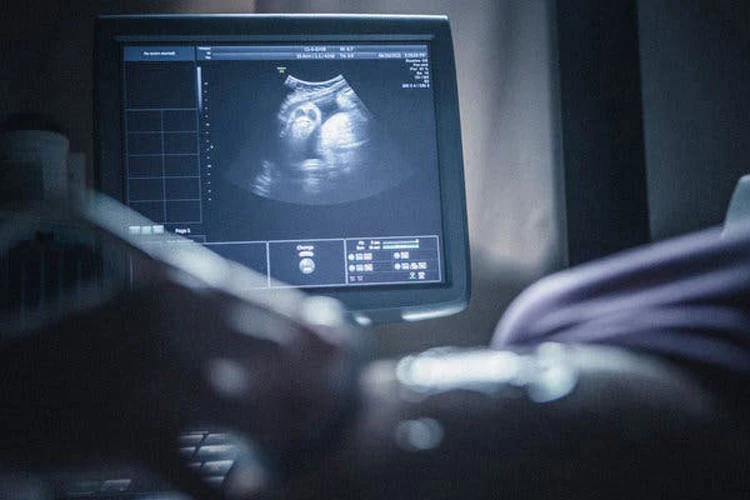
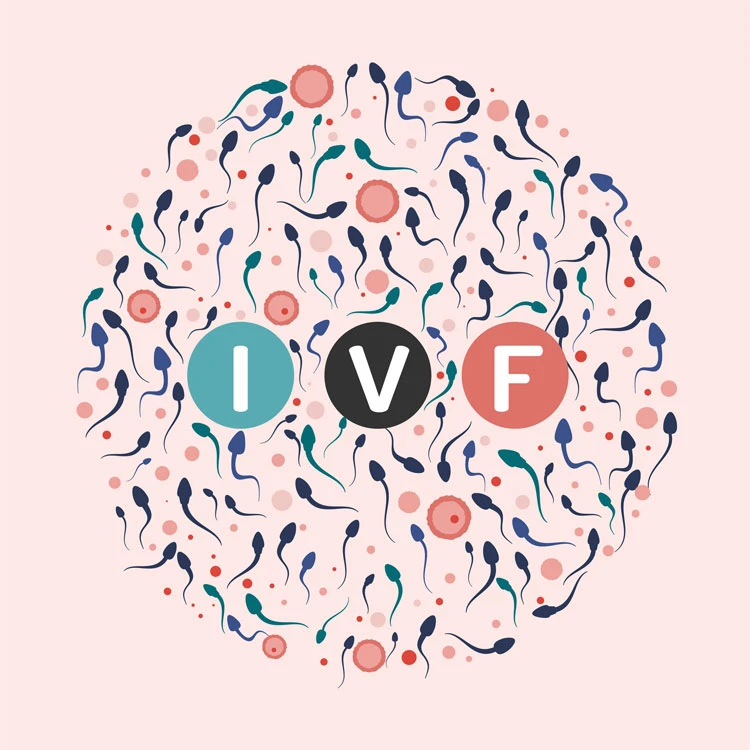
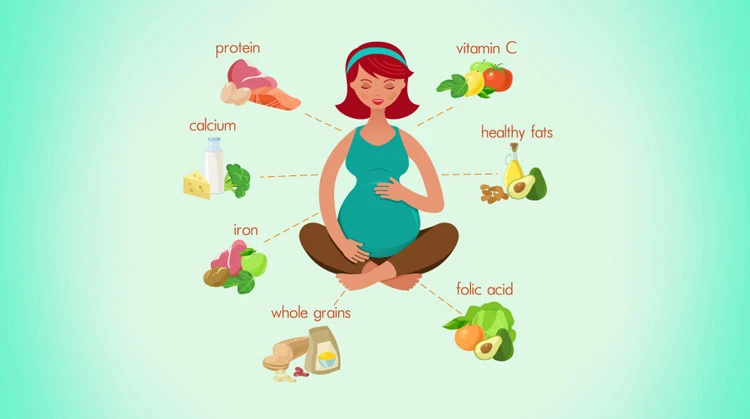
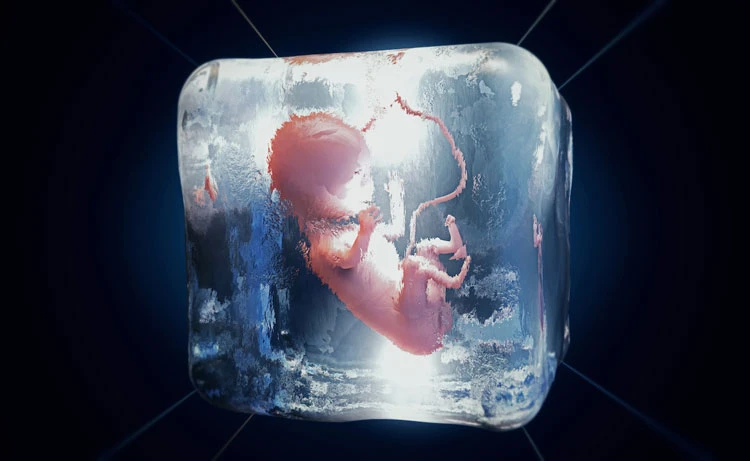

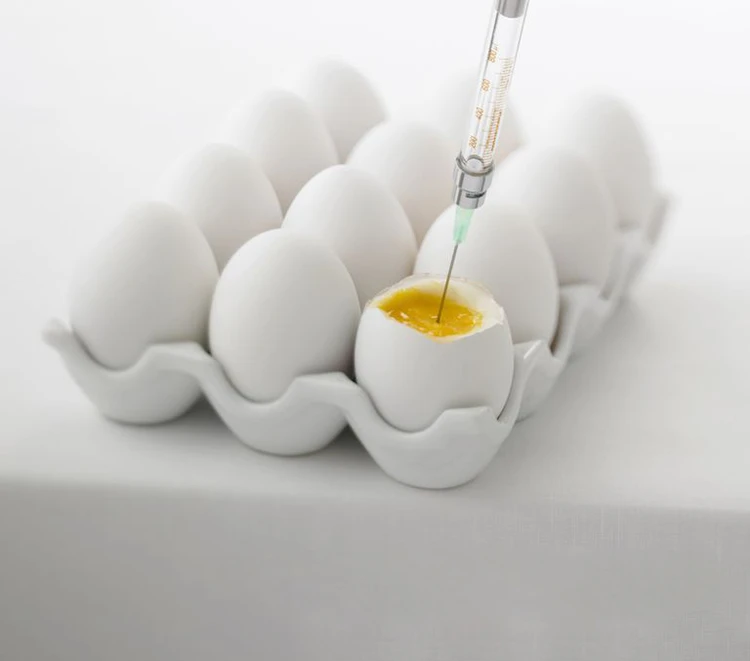
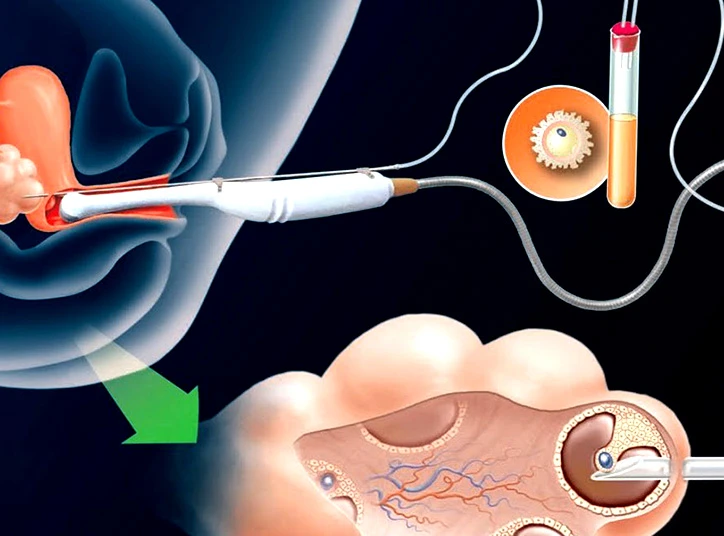

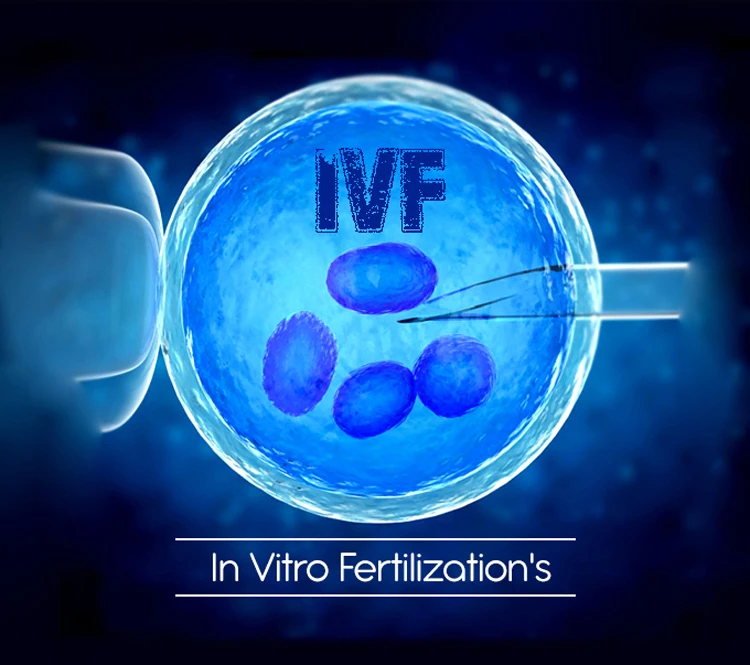

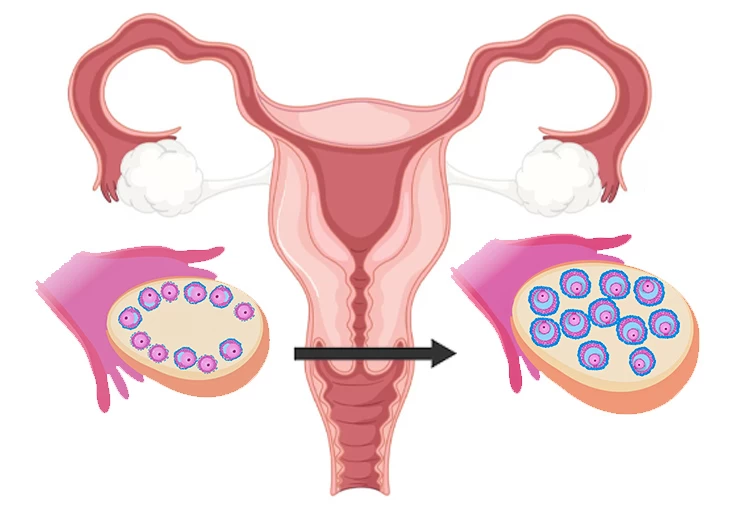


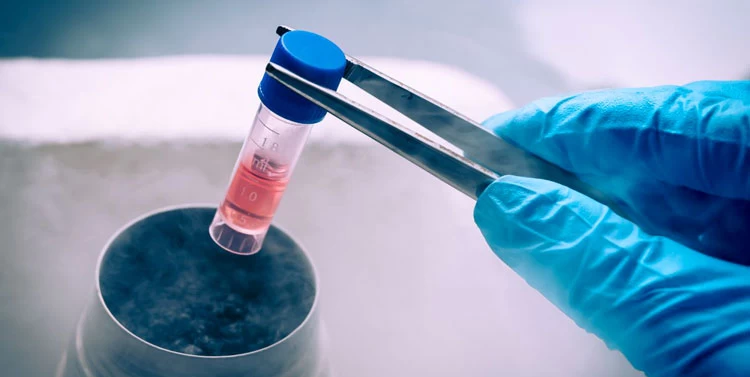

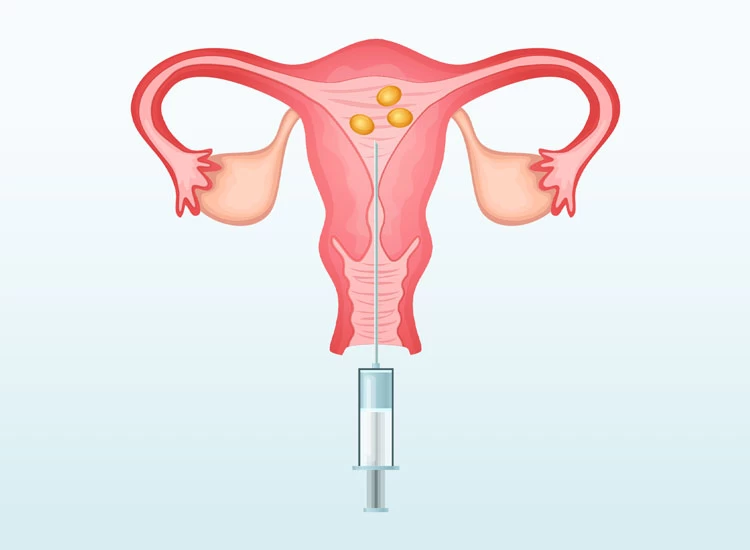
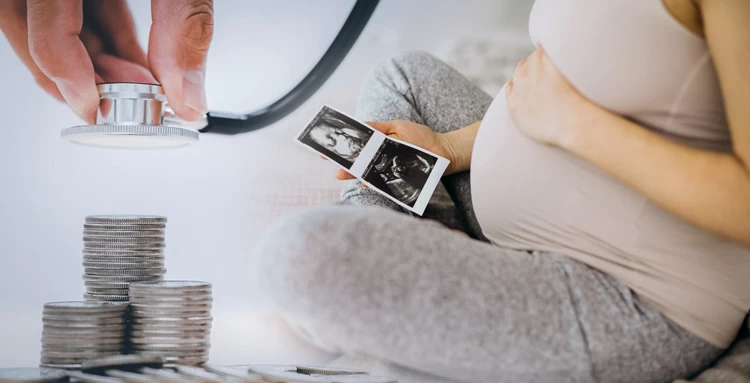


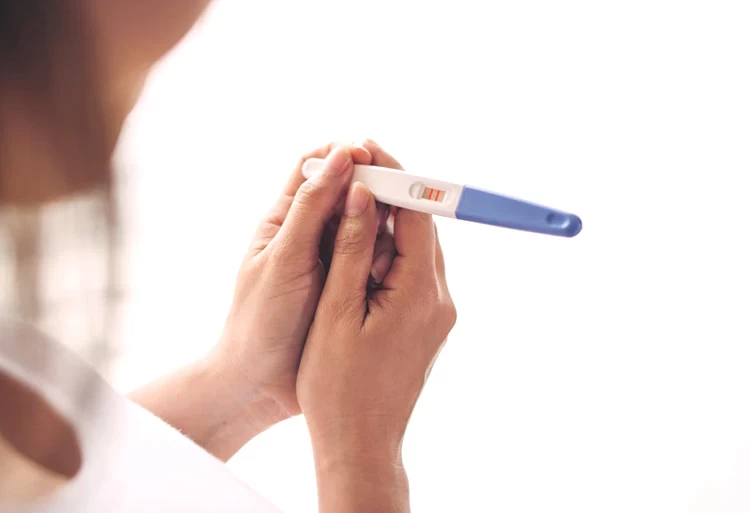
User
-What are the long-term side effects of IVF injections?
Habib Ebrahimi
-So far, a limited number of studies have focused on the long-term side effects of IVF injections. While some studies revealed that certain IVF medication may cause ovarian, uterine, or breast cancer, some other investigations proved that there is no link between IVF drugs and developing these cancers.